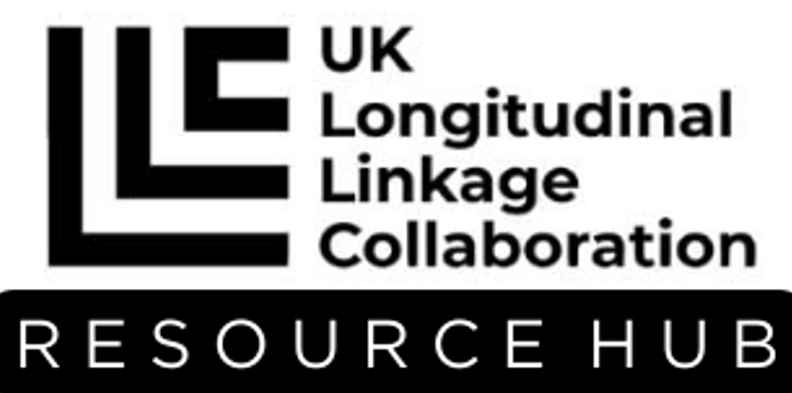Key Messages in Active Communications#
Last modified: 27 Sep 2024
🔑 Key messages that MUST be included in studies active communications
Concept |
Principle to Convey (top layer) |
Potential Supporting Narrative |
|---|---|---|
Research Purpose |
That UK LLC can now support legitimate research for any public good research. |
• That the UK LLC is now open to support research for any public good. |
Record Linkage |
(1) Participants’ routine health, socio-economic, and environmental records are used in the study research programme. |
• UK LLC is a mechanism by which the study implements its record linkage strategy. |
Researchers accessing data |
That (accredited) researchers beyond the LPS will access data (within the TRE). |
• That the study retains control over which participants’ records are used, who can use the data, and for which purpose. |
Right to Object |
Participants are free to change their minds and object to data being shared with UK LLC (or more generally). |
• UK LLC respects the right to object, and a mechanism exists for studies to notify UK LLC and stop the record linkage process and all new use of participants’ data. |
Types of data to be linked to |
Linkage to data type(s): health records, administrative data [relevant examples as appropriate]. |
• This could include….. |
*Include information on environmental data linkage where studies have a postcode or address sharing permissions in place.
🔏 Key messages that MUST be included in studies’ active communications if linking to administrative data
Concept |
Principle to Convey (top layer) |
Potential Supporting Narrative |
|---|---|---|
Security & Confidentiality |
Reassurances |
• Your de-identified data/information will be linked to records held by the following Government Service Providers [list departments and data types], detail processing pathway. |
✅ Other messages that you may want to include in active communications but must be included in privacy notices/web sources and detailed communications
Concept |
Principle to Convey (Top Layer) |
Potential Supporting Narrative |
|---|---|---|
Study’s continued authority |
For each study, the use is restricted to the study’s remit (e.g., for an LPS who has committed to participants to undertaking cancer research only, then UK LLC can only be used for cancer-related research for that study). |
That UK LLC is designed to provide a service to the study and that the study remains fully in control over which participants’ data are used for what purpose. |
Confidentiality |
Participants’ identifiers only will be shared with the NHS and UK statistical authorities to link participants’ information to [health OR other/administrative records]. |
All data held within the UK LLC is de-identified, this happens by a highly regulated process between government service providers and universities. |
Review process |
• All applications to access data are reviewed by: o A panel made up of data owners and data experts to ensure legal requirements are met, and o A panel of public contributors, who assess likely public benefits, clarity of lay materials and advice on the need for project-specific PPIE. |
|
Researcher accreditation |
• All researchers accessing data are required to be accredited by the UK Statistics Authority (to ensure statistical competence). • Linked data is held in a secure Trusted Research Environment which meets the highest Information Security Standards ISO27001 and Digital Economy Act Accreditation. The organisation is audited annually to ensure that it continues to meet these standards. |
|
UK LLCs commitments |
• UK LLC make a set of key commitments which they promise to abide by (https://ukllc.ac.uk/our-promises) |
|
UK LLCs data processing pathway |
• For Health (NHS) data and Administrative data (Government Service Providers) can be found in the UK LLC privacy policy [link] • Data flow diagrams can be found in the Data flow section. |
⛔ Restrictive statements to avoid
Concept |
Example |
Rationale |
|---|---|---|
Statements that restrict the research purpose |
‘Data will only be used e.g. understanding cancer, improving mental health’. |
We caution against purpose limitations unless necessary. While an LPS may be initially funded to conduct a single or range of theme (e.g., disease) focused questions, the data typically develop wider utility and public benefit value. Flexibility is important for cases like the COVID-19 pandemic. |
Statements that restrict data processing (linkage) or storage |
‘Data will only be stored at University x Or data will be processed by University x’. |
We recommend using broader statements around the level of oversight and limiting names of locations or processors to updatable privacy notices. |
Statements that restrict Open and FAIR access |
‘Only researchers at university x will be able to access your data’. |
Most funders now expect Open and FAIR science, maximizing the value of data by sharing it with legitimate users under secure conditions. Participants generally accept that research expertise and capacity may lie outside the direct study team or institution. |
Statements that restrict the length of the study/collaboration |
‘Your data will only be kept for x years’. |
Time limitation statements should be avoided since there may be continued scientific/public benefit beyond that date. Longitudinal studies often continue longer than their initial funding periods, and there’s limited evidence that the public considers these time limits a meaningful safeguard. |
